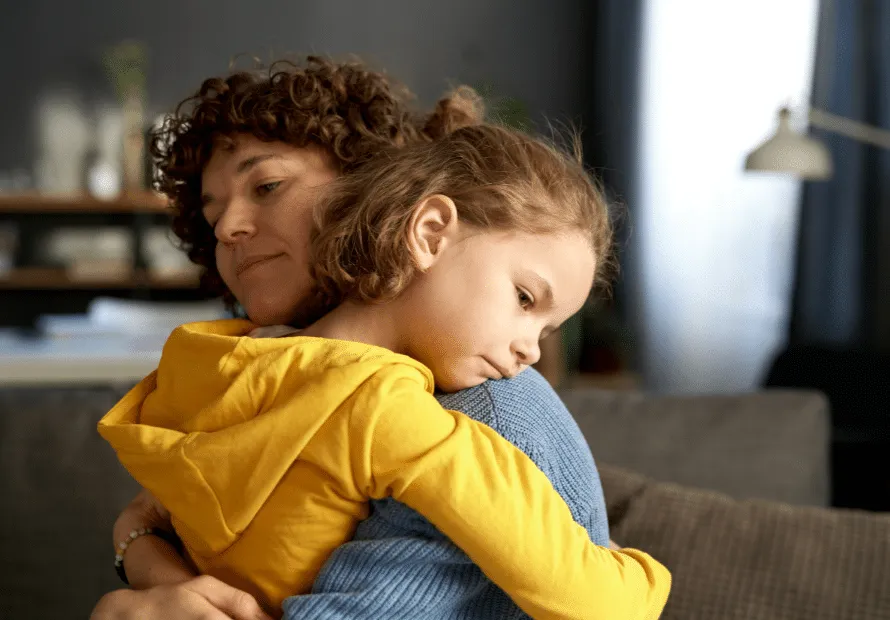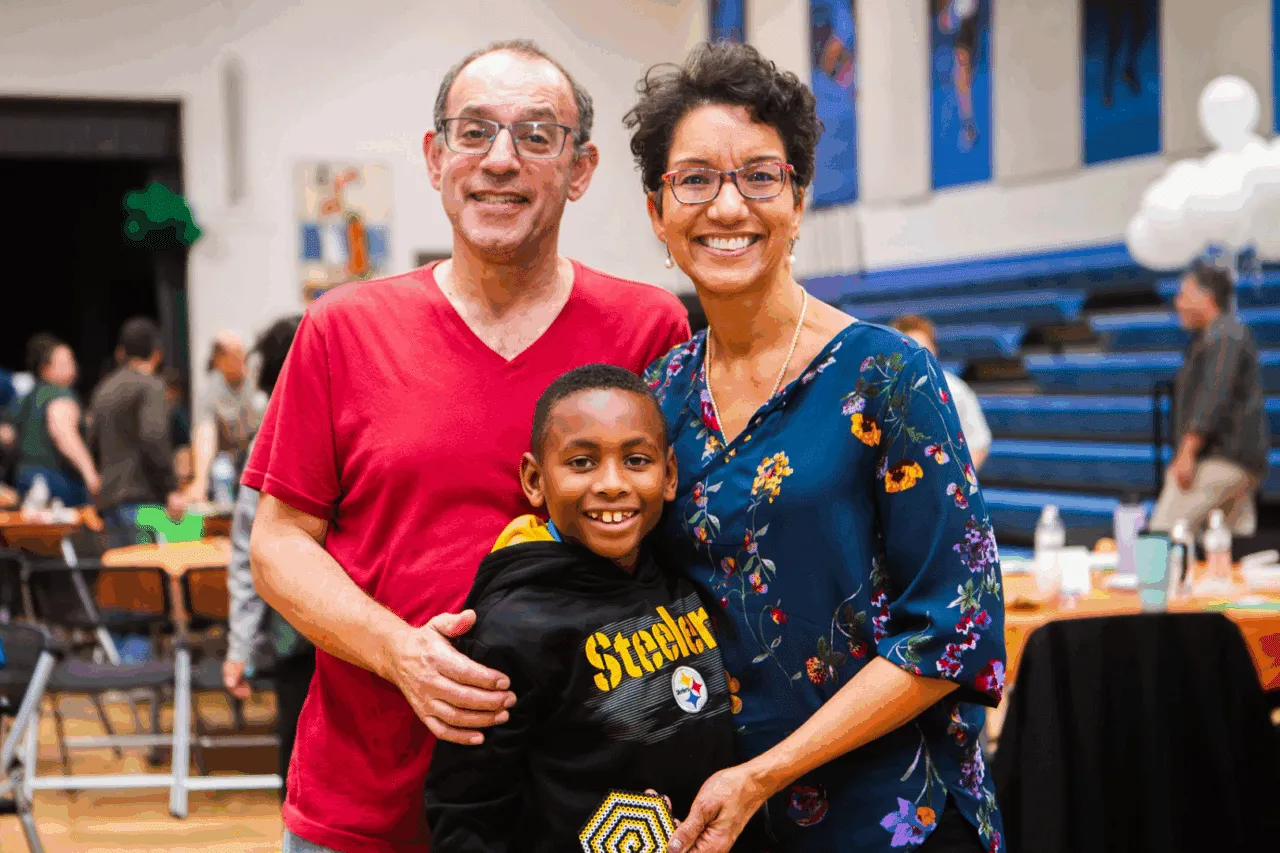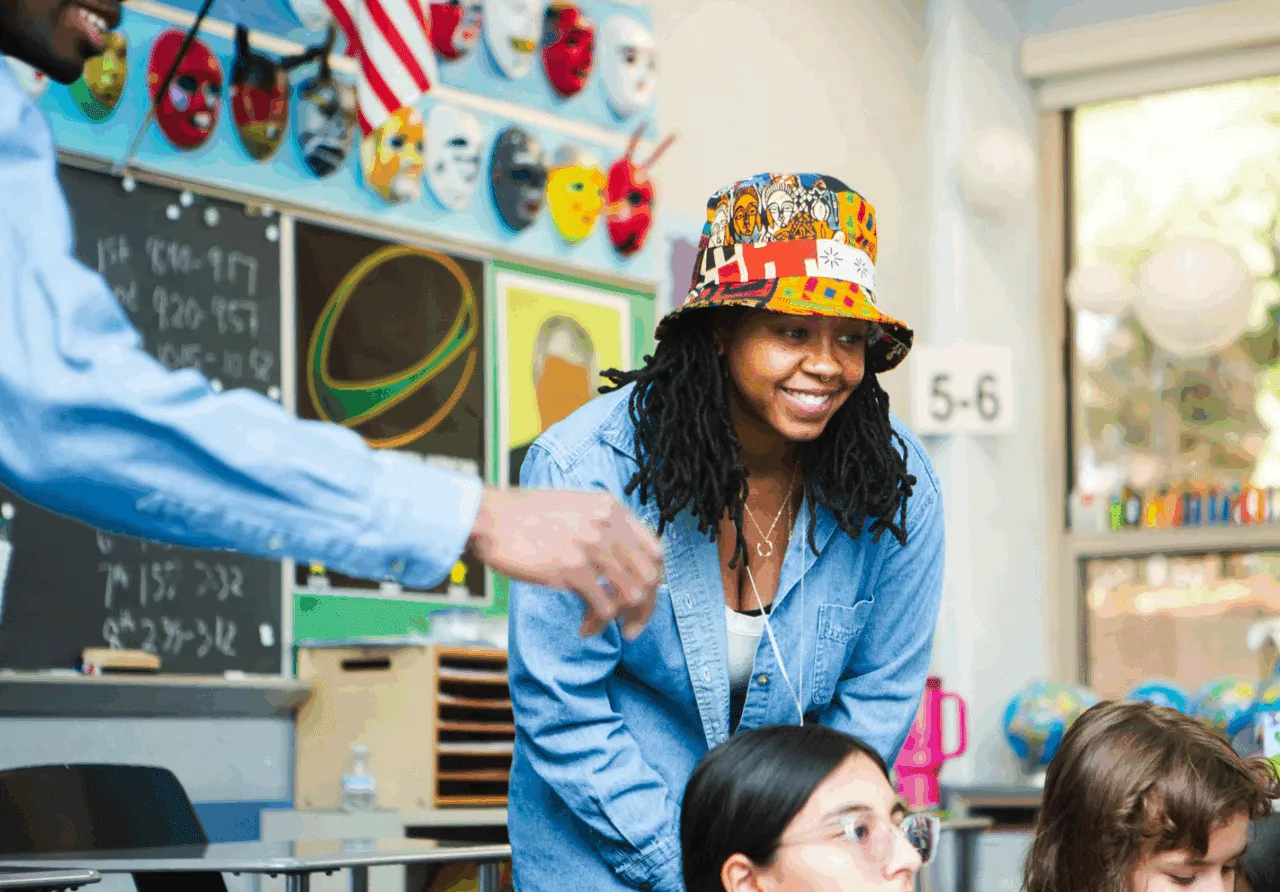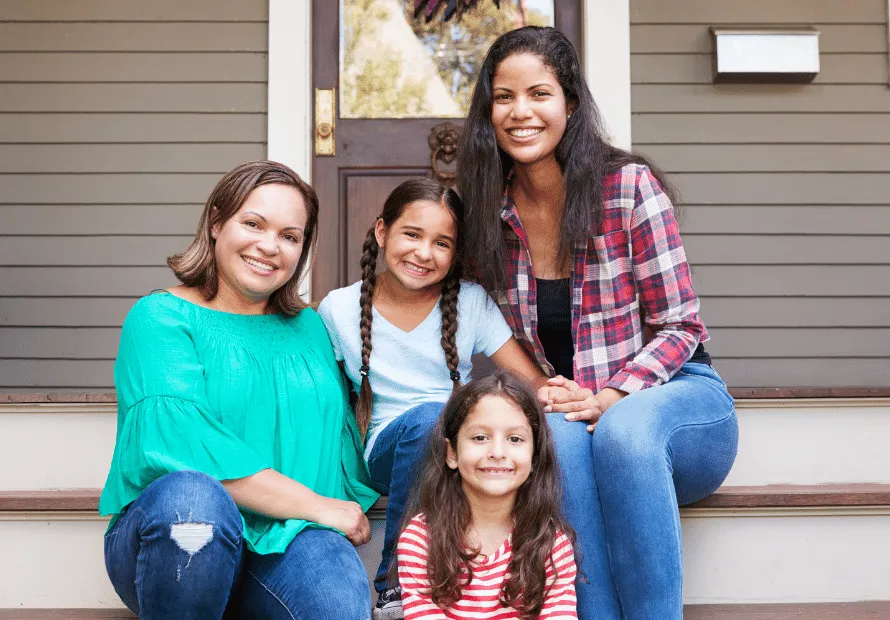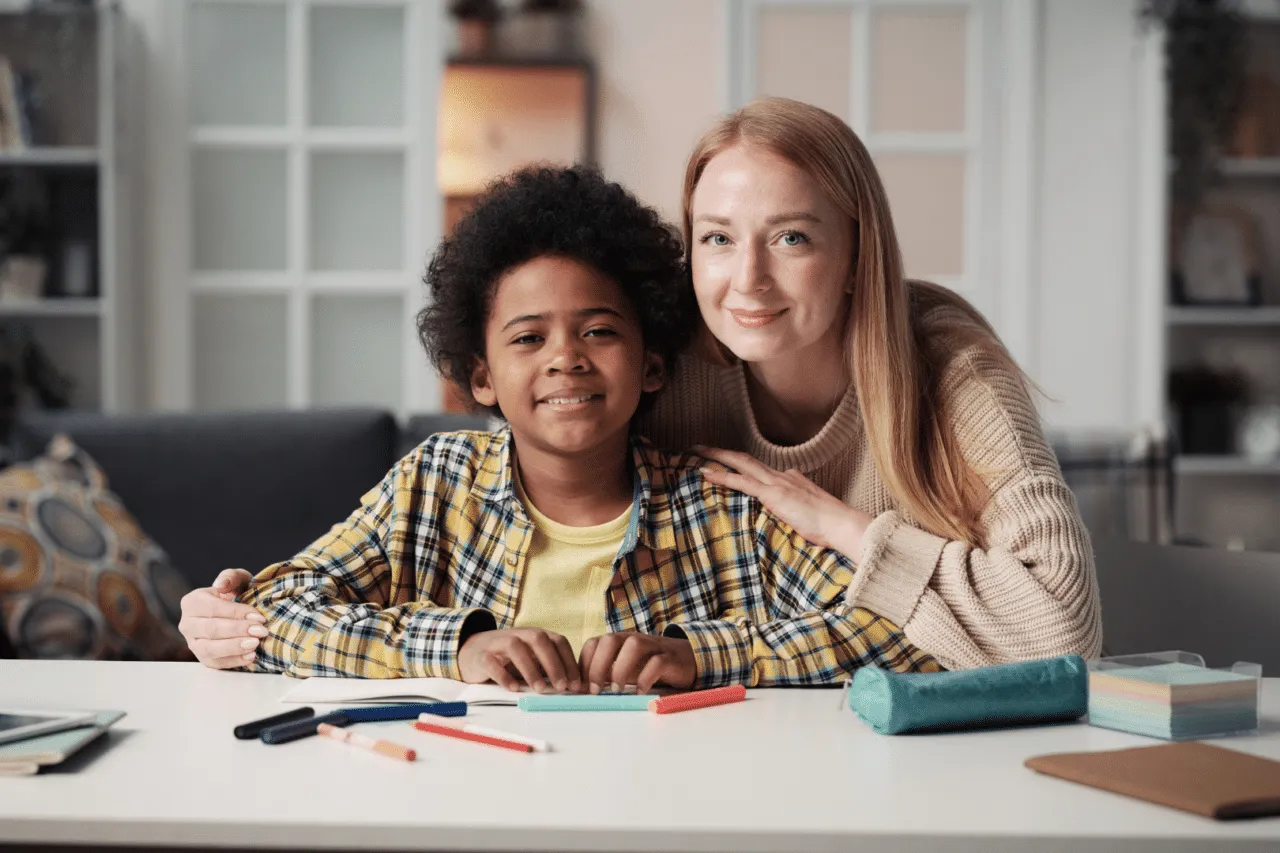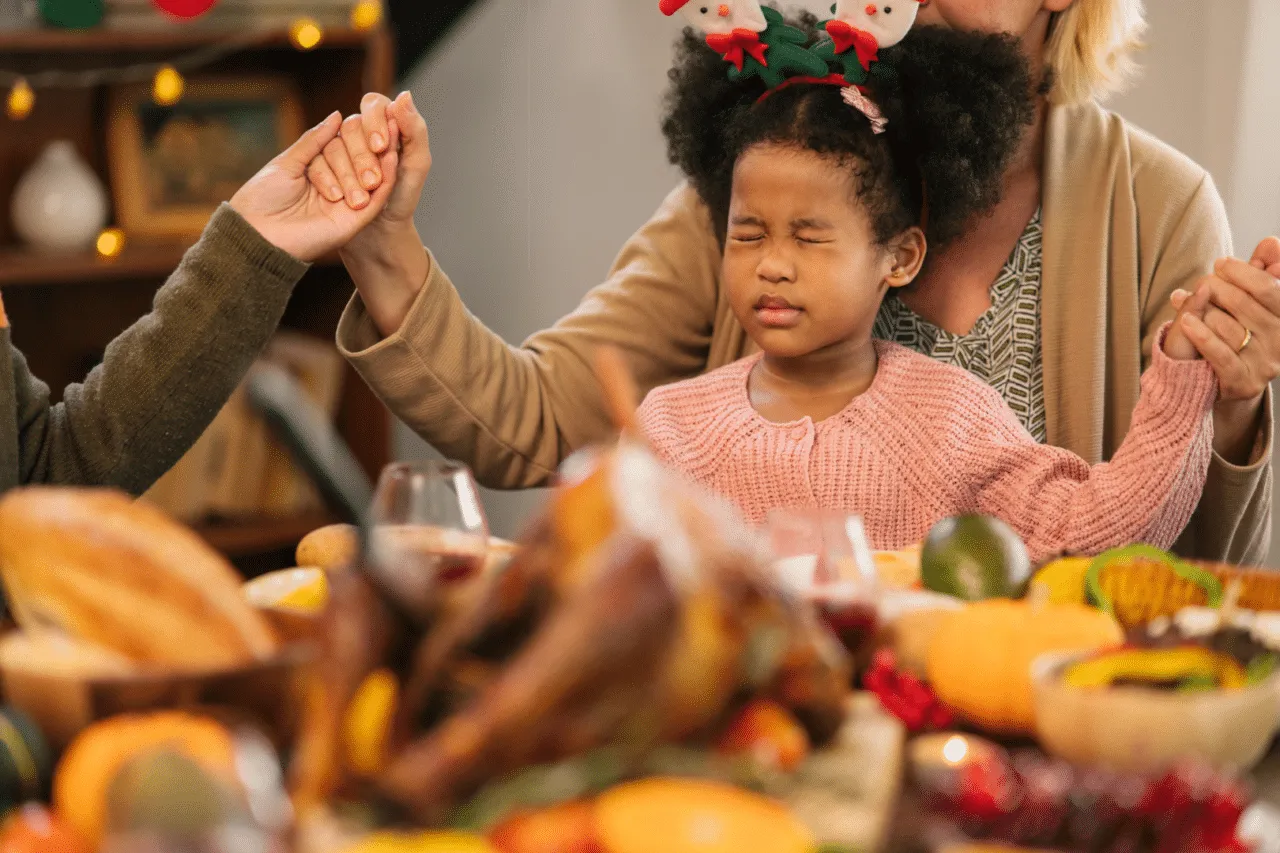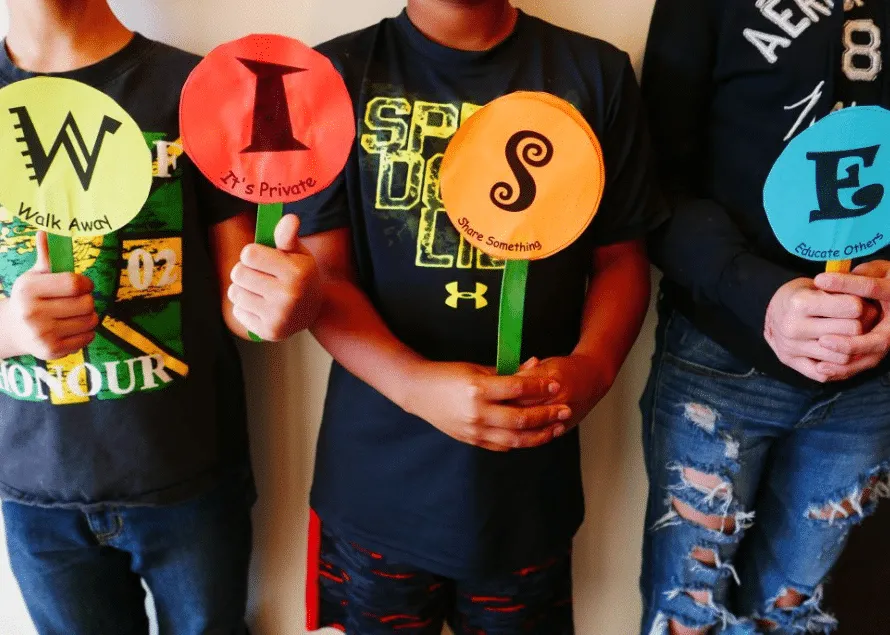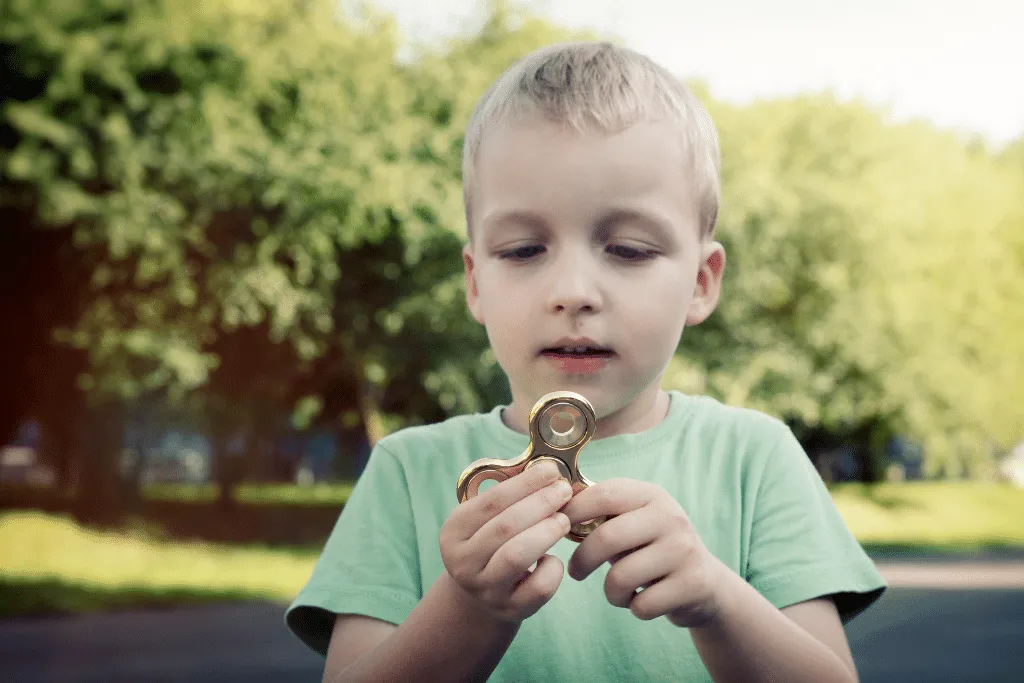Making Space for It All: Mother’s Day Through the Lens of Adoption
Making Space for It All: Mother’s Day Through the Lens of Adoption

Growing up, I never put much thought into Mother’s Day even though we celebrated it each year. My mother was (and still is) incredible and deserves all the festivities that come with the springtime holiday. Now, as an adoptive mother myself, I realize this day could bring with it complicated and difficult feelings for many people. This was true for me at a time in my life when I wondered if I’d ever be on the receiving end of a Mother’s Day celebration.
When I became a mother, I expected the day to be filled with joy and celebration. And it was, but it was also far more complex than I had imagined. That’s because I wasn’t just experiencing it as a mother — I was experiencing it as an adoptive mother. On that first Mother’s Day, I was overcome with feelings of gratitude and joy intermixed with sadness and grief. I felt grateful to be a mother and sadness over my experience with infertility. There was joy in knowing the unconditional love of motherhood, while I mourned over the feeling that my children should have been celebrating the day with their birth mothers.
It feels impossible for such conflicting and utterly oppositional feelings to coexist, but for many mothers, Mother’s Day is layered. This day meant to honor the women at the heart of their families can also bring forth complex, even painful emotions.
Over time, I came to view Mother’s Day through a more nuanced lens, it is not just a day for and about me. It’s also a day to celebrate my children’s birth mothers, to remind my children of their love whether they see or speak to them regularly or not. It’s also a day to grieve. To grieve the loss of what I thought my journey would look like, and to embrace the sadness I feel for my children’s birth mothers and the inexplicable loss they experienced.
So, how do we move forward through a challenging day, time of year, or even season of life?
I make space for every feeling. I allow myself to feel all my emotions no matter how layered or complex they may be, and I encourage my children to do the same. This means we openly talk about adoption and their biological families. I ask them questions or say things like, “I bet your birth mom is thinking of you today.” I do not abstain from hard conversations with my children because I want them to know I am not afraid of their thoughts or questions. My job as their mother is to love and support them through the good and bad. I am honest about their stories to help them create their own positive identities.
So, what does Mother’s Day mean to me?
It’s just another day when joy, pain, loss, happiness, and sadness all coexist.
It means another day to love my children unconditionally and to celebrate the gifts this life has offered.
It’s another day to acknowledge and appreciate the mothers who have touched my life. And at the very top of that list?
Two of the most important women I will always be grateful for: my children’s birth mothers.
